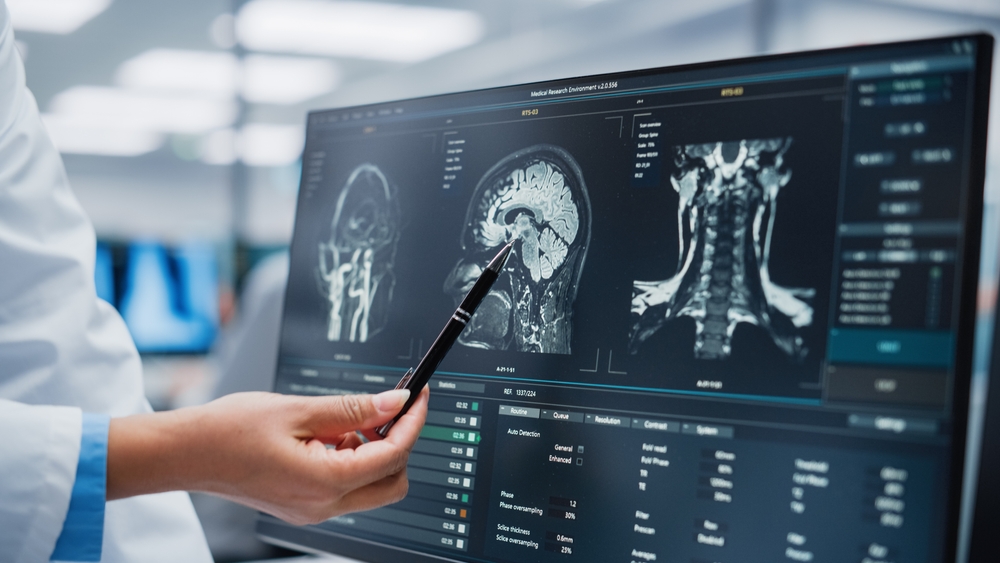"I know a lot of people have the urge to stick their head in the sand and pretend 'this could never happen to me.' But all that does is leave us open to not being prepared," Dr. Abigail Hardin, a rehabilitation psychologist with Rush University Medical Group said.
And that is exactly the last thing Dr. Abigail Hardin says she wants to see as a rehabilitation psychologist during this COVID-19 pandemic.
"Our brains do not function well under immense stress. And when it's time to go to the hospital, you're going to be under immense stress. So it's much smarter to prepare in advance," Hardin said.
Which is why Hardin says she was motivated to write "The COVID-19 Survival Guide: How to Prepare for, Manage, and Overcome a Coronavirus Infection." Hardin's first steps for accomplishing this? Taking continuous health precautions and creating a "COVID-19 preparedness kit."
"The preparedness kit is a medical equivalent to the kit that you put in the trunk of your car as an emergency kit," Hardin said. "Women who are pregnant often pack a kit to go to the hospital to give birth. This, this is the same."
Hardin says most items in the kit are things you already know to pack in case of an emergency. But it also includes important documents such as powers of attorney and wills — documents that both the National Institute on Aging and AARP recommend getting sorted out well in advance of a medical emergency.
"It includes things like an advanced directive or living well, and includes things like spare glasses or spare hearing aids. Those are things that will really help the care team provide care for you in a way that will streamline the recovery process," Hardin said.
Hardin's book also goes over the roster of care providers you could encounter if hospitalized with the virus, including lead physicians, specialists, nurses and therapists.
"I wanted to walk people through exactly who they were going to meet, who are all these people who are going to be coming in and seeing them," Hardin said. "I also wanted to take away some of the fear and anxiety that comes along with going to the hospital. Going to the hospital is scary, you are being separated from your family because of the need for infection protection."
Having worked extensively with survivors of critical illnesses, such as COVID-19, with Rush University Medical Group in Chicago, Hardin says she also wanted to highlight how lengthy the recovery process can be.
"I see it all the time that people want so badly to recover quickly, that they just start forcing it, they push so hard. And sometimes that motivation helps them. But if you overdo it, sometimes it can result in injuries or ignoring your own physical limitations and it can actually slow down the process," Hardin said.
Hardin calls attention to the fact that the recovery process is too often overlooked and underserved by the U.S. health system.
"I think there's larger problems here that we as a health care system need to address and one of them is making sure that in the future, when something like this happens, we do have psychologists available everywhere because no one deserves to go through this alone," Hardin said.










